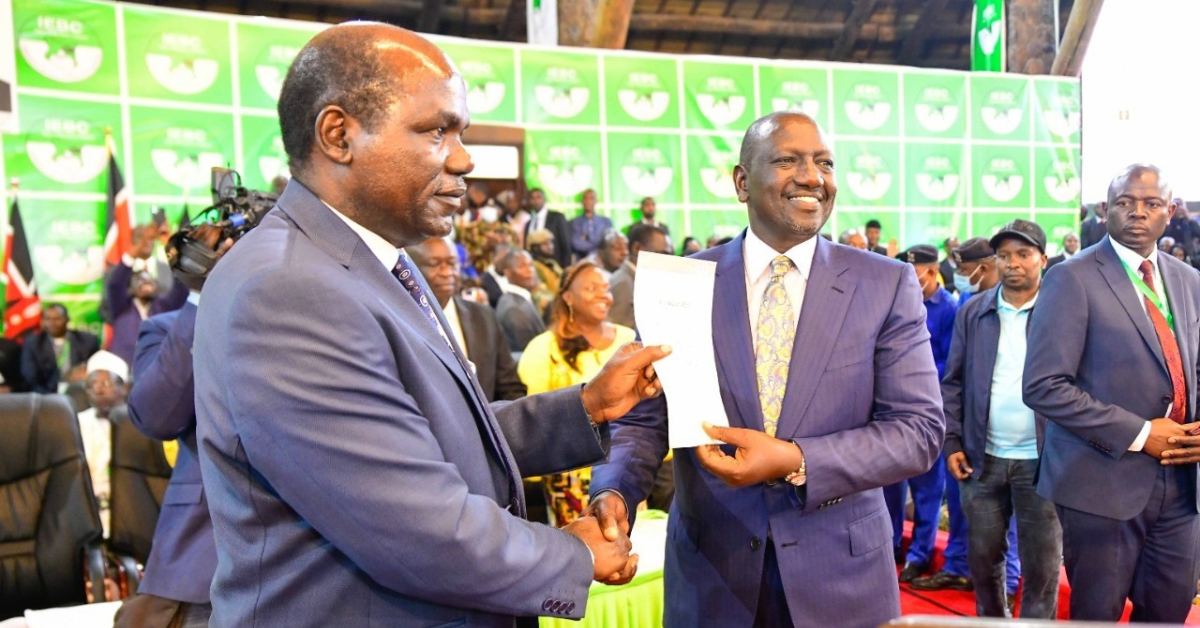Now that this is going down to the wire, the country must now reckon with the prospect of a Jubilee Coalition win. And in that that reckoning, it is down to meanings.
In his statement on Kenya’s elections, President Obama said, “The United States does not endorse any candidate for office, but we do support an election that is peaceful and reflects the will of the people.”
That is clear enough. The US supports an election that reflects the will of the people.
But then comes along Johnnie Carson, the US Assistant Secretary of State for African Affairs with his ‘clarification’. He says, “People should be thoughtful about those they choose to be leaders, the impact their choices would have on their country, region or global community. Choices have consequences.” Again, clear enough. Or is it?
Kenyan’s are familiar with the Swahili saying “mtoto akililia wembe, mpe.” (If a child cries for a razor, give.) That seemed to be what Johnnie Carson was saying. Did he contradict President Obama’s assertion that the US will support a peaceful outcome that reflects the will of the people? Can you support and punish at the same time? The US would probably answer in the affirmative, arguing that support for the outcome of the election does not negate US policy governing engagement with individuals facing crimes against humanity.
But these leaves many questions on the nature of consequences unanswered. Consider the statement by the British High Commissioner. He is said, “It is well known the position of my government and others is that we don’t get in contact with the ICC indictees unless it is essential.” What would be the consequences of a “no-contact-unless essential “policy? What constitutes essential contact? Does ‘no contact’ translate into sanctions? If yes, would these be targeted at the two individuals only? And is contact with senior government officials, including Cabinet Secretaries, allowed as long as it is not with the indictees?
Will the razor in the hands of the child be sharp or blunt? There is too much ambiguity. Ambiguity can be a useful diplomatic tool. But not in this case. The West is in a dilemma. It will be in greater dilemma if, having been elected in a free and fair manner, Uhuru and Ruto decide to cooperate with the ICC. The presumption of innocence (until one is proven guilty) makes it morally tricky for the West to punish Kenya before the due process of law is concluded.
Meanwhile, besides turnout and mobilisation, the outcome of this election seems to hinge on the degree to which the Kalenjin vote will swing one side or the other. In all the “numbers” permutations, the Jubilee coalition takes it if there is an overwhelming vote for Uhuru by the Kalenjin.
The Kalenjin vote is still in relative flux. The reason it has not solidified is due to an intense debate in the community around two related issues: trust and influence in government. Who, between Uhuru and Raila, can be trusted to guarantee the community significant influence in government? (Sad, but this is the nature of ethnic politics in Kenyan today).

